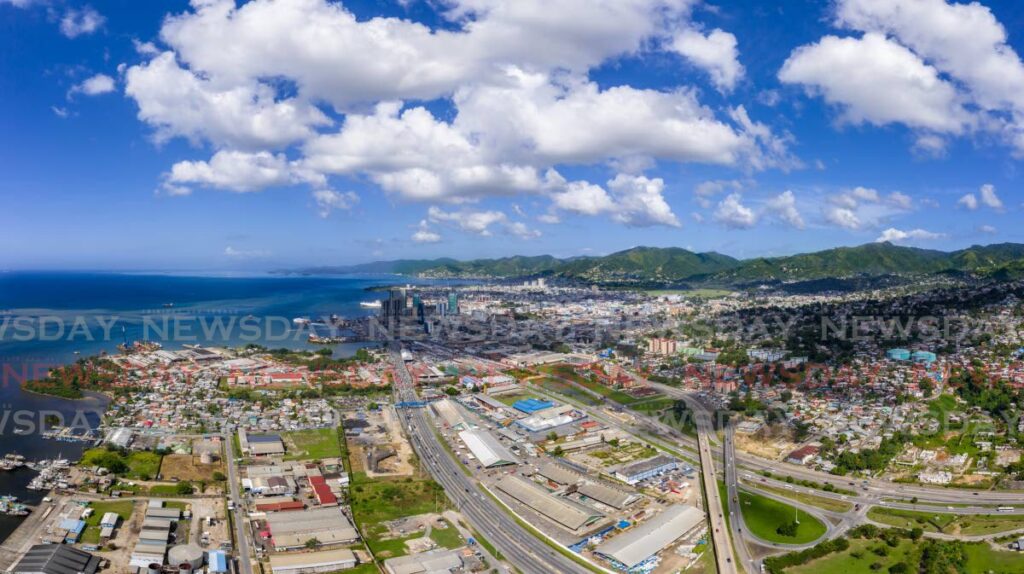Trinidad and Tobago's corruption perception improves slightly – but 'more work must be done'

Trinidad and Tobago's global Corruption Perception Index (CPI) has improved by one point, but officials maintain that more work must be done to better eliminate corruption.
During a webinar on Transparency Institute of Trinidad and Tobago (TITT) on Tuesday morning it was announced that TT had moved from number 40 in 2021 to 41 in 2022.
The CPI is calculated using international economic and civil oversight groups which rank 180 countries on a scale from 100 (very transparent) to 0 (highly corrupt).
During his remarks chairman of the TITT Dion Abdool said while the corruption index appeared to remain stagnant over the past year, the average score was around 43 out of 100 for countries in the region.
He said while the improvement was noted, much more work must be done to improve TT's ranking, particularly in operationalising existing legislation and introducing additional legislation to reduce corruption.
Referring to past remarks from former chairman Derryck Murray, Abdool said the institution usually aimed for a score of 50 or higher.
"We need decisive action. We are calling for the public procurement legislation to be operationalised as soon as possible. We need it yesterday. We also need the reintroduction of whistleblower legislation to protect our public. It's important to get this out the door immediately."
He added that to complement the introduction of this legislation, further empowering public oversight bodies was crucial to improving the transparency of public-sector institutions.
"We need to support these agencies to ensure they are well-resourced. There's a lot of civil-society groups that need to come together on all fronts to meet and speak with the powers that be.
"Too often we pull them down and tear them apart. We need to support them. We need to also ensure our voices are heard as it relates to regulations and legislation."
Attorney General Faris Al-Rawi acknowledged more work was needed to improve transparency, but said various changes, particularly in the Judiciary, had been made to streamline processes and increase efficiency to tackle corruption.
Describing corruption as a cancer of society, Al-Rawi said efforts were focused on boosting the capacity of the judicial processes as they were a major stakeholder in fighting corruption.
"We at the Office of the Attorney General decided to identify the system, because after all you can't expect a product to be produced if the system is not rolled out in significant parts."
Referring to different policies and legislations introduced which empowered the police to properly monitor the assets of companies and people, Al-Rawi said such tools were necessary to root out malfeasance.
"If you're tracking companies and businesses with the beneficial ownership regulations, then you are dealing with the true people behind transactions.
"Isn't that what the Panama Papers have taught us? You have to know what and who stands behind cash, land and businesses this has already been achieved."The Panama Papers were 11.5 million leaked documents published in 2016 that led to the prosecution of a number of international fraudsters.
"What will take us from (a score of) 40 to 100 will be to see the Judiciary deliver by judgments the many thousands of matters the police have brought to the fore."
Caribbean countries which scored higher than TT in this year's CPI were Barbados (65), the Bahamas (64), St Vincent and the Grenadines (59), Dominica (55), Grenada (53) and Jamaica (44).

Comments
"Trinidad and Tobago’s corruption perception improves slightly – but ‘more work must be done’"